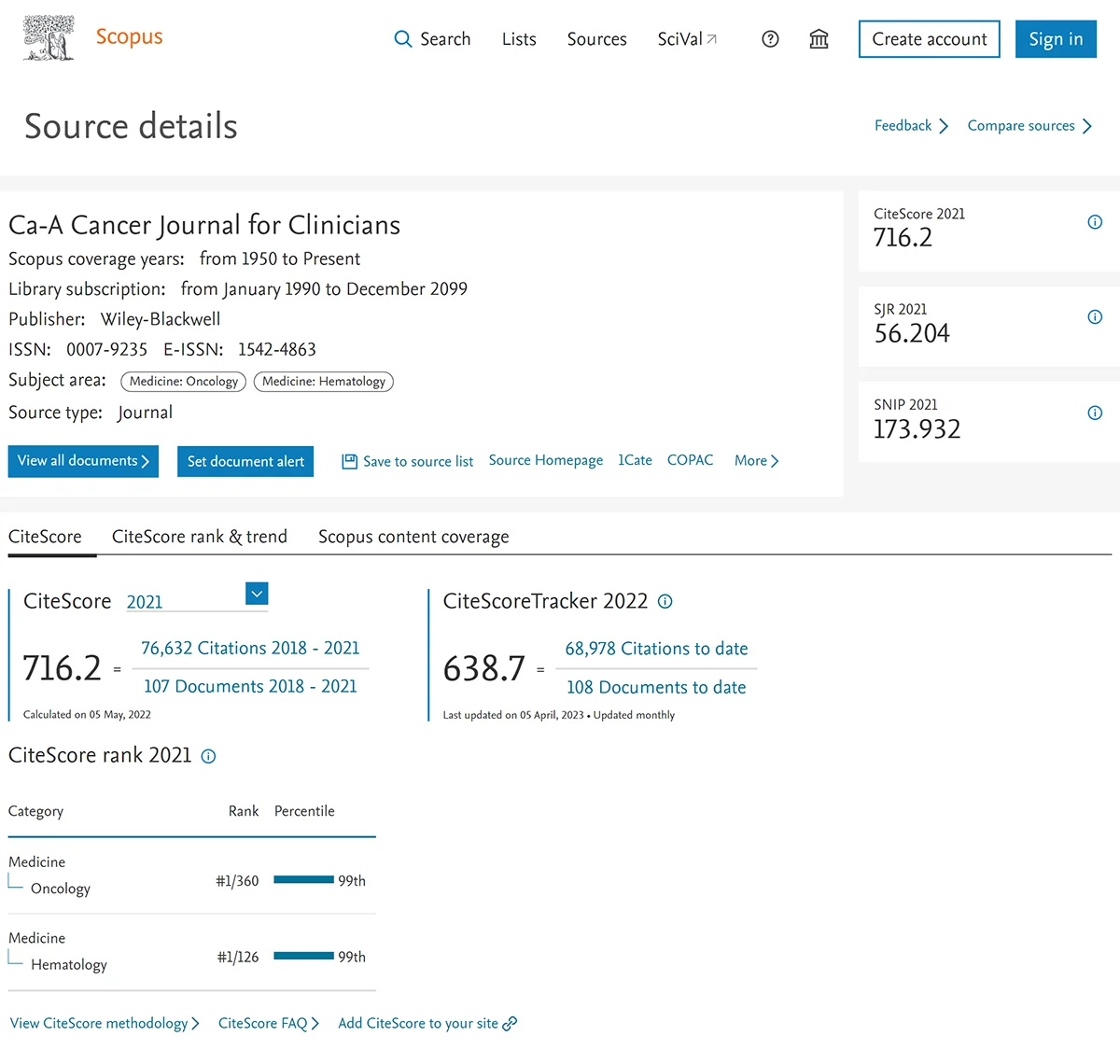About Scopus data
When researchers publish their findings, they also publish a wealth of information beyond the science or subject matter — details such as how the research was funded, who contributed, and how it has been used, cited and applied. Scopus collects this information from thousands of platforms, institutions and publishers, including details such as:
Citations of published works
Names and institutions of contributing authors
Funding sources
Awarded grants
Policy citations
Scopus collects, processes and organizes this data to create a comprehensive information source for scientific research.




